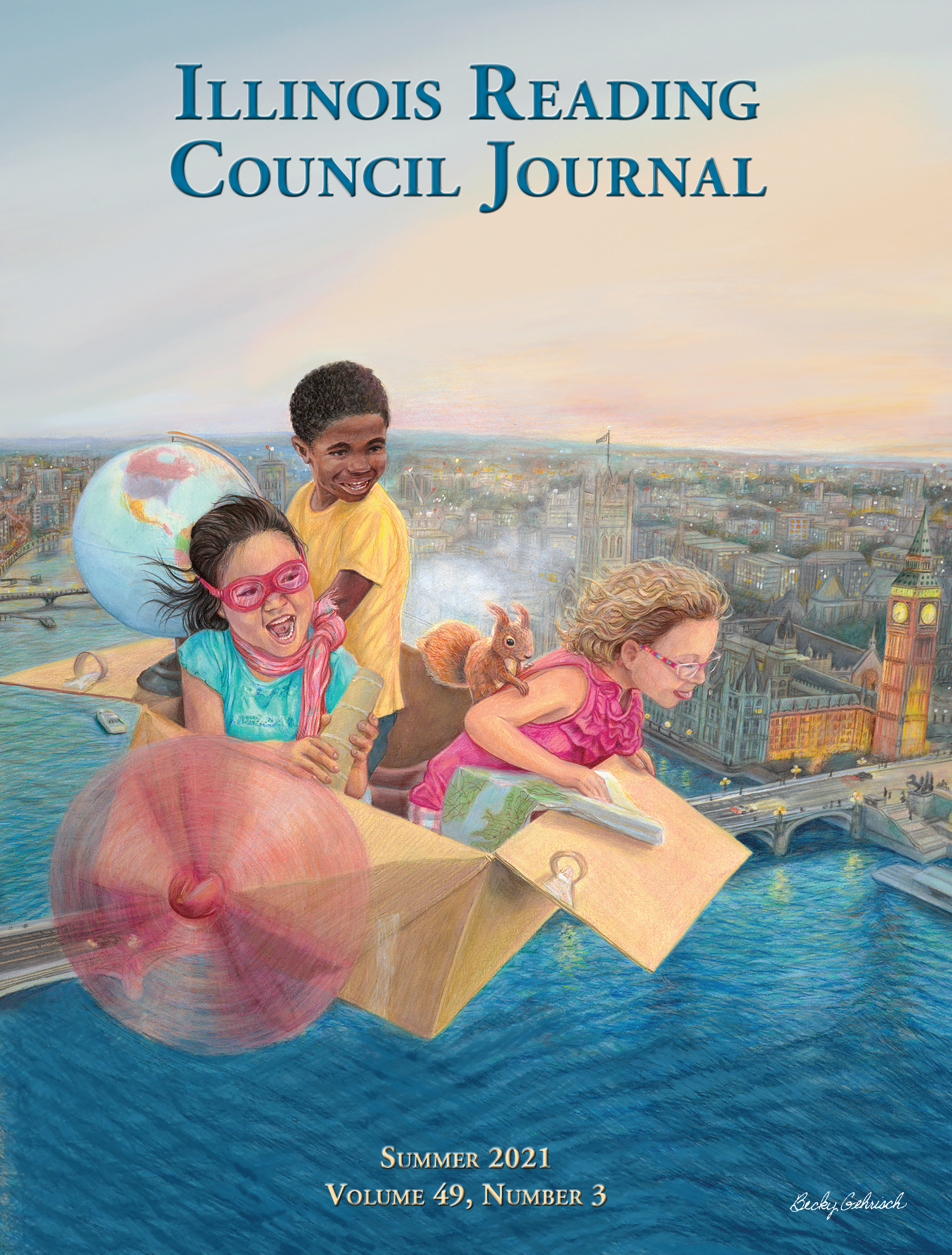 |
Leveling the Playing Field: The Influences of Leveling Practices on Reader Identity, Self-Efficacy, and Growth
By Cynthia G. Gerwin
Document: Article
Introductory Paragraph: Educators know that the demanding work of matching a child to a “just right” book can mean the difference between becoming a lifelong reader, an aliterate reader, or a reader who shuts down out of frustration. The practice of leveling texts was developed to provide teachers with a system to efficiently match a child with a piece of text as a scaffold for instructional purposes to facilitate the complex process of learning to read (Clay, 1991; Fountas & Pinnell, 1996, 2001). Despite the plethora of text leveling systems, some with seemingly thorough formulas for incorporating multiple criteria, leveling still oversimplifies a complex interaction (Clay, 1991; Fountas & Pinnell, 1996, 2001), or as Rosenblatt (1978/1994) suggests, a unique transaction. A shift has been made that focuses on the materials instead of on the complex needs of the reader (Dzaldov & Peterson, 2005; Glasswell & Ford, 2011). Students are now defining themselves as readers based on a text level (Szymusiak et al., 2008). As Calkins (2001) states, “there is a thin line between leveling books and leveling children” (p. 120). When a rigid orthodoxy grows from a useful practice, it is cause for concern and reflection (Glasswell & Ford, 2011).
DOI: https://doi.org/10.33600/IRCJ.49.3.2021.15
Page Numbers: 15-31
|


